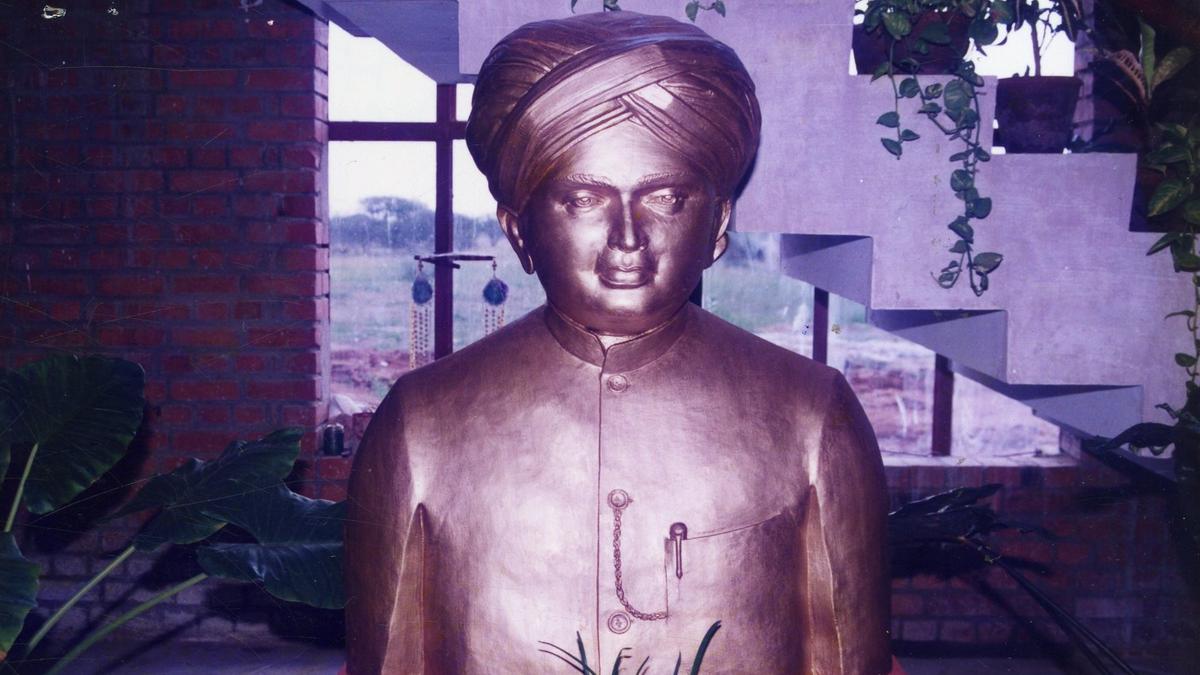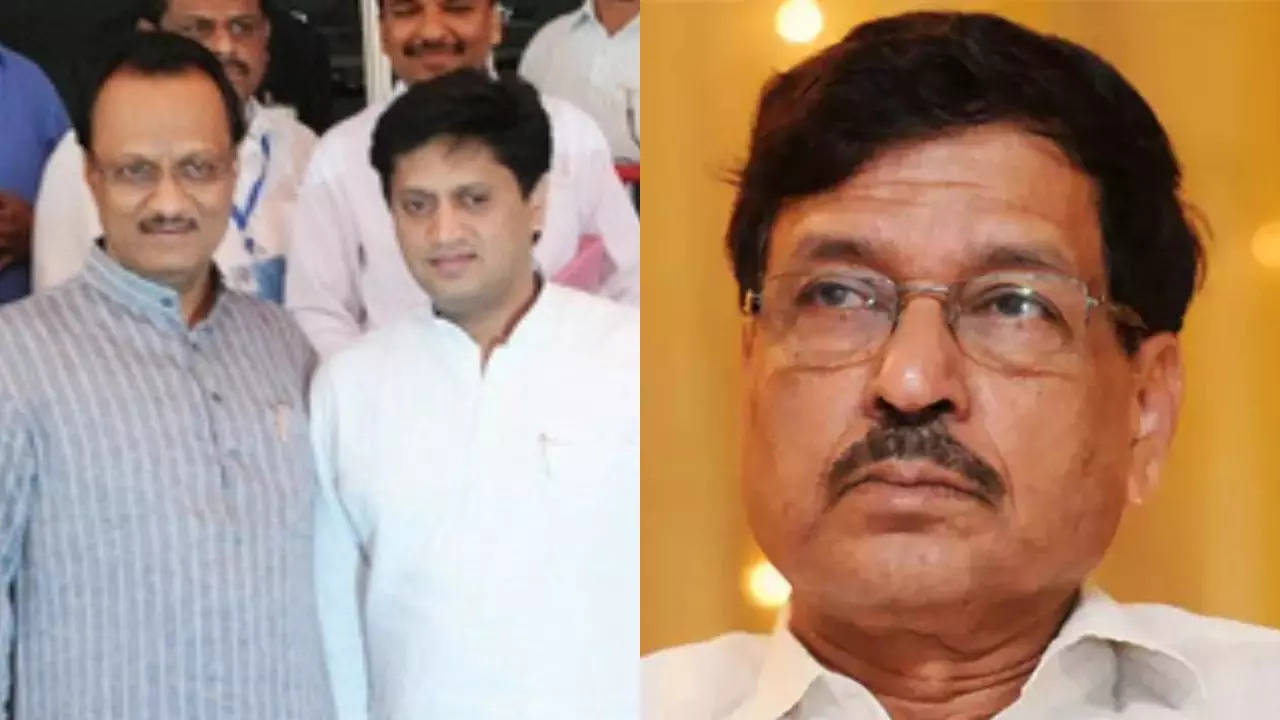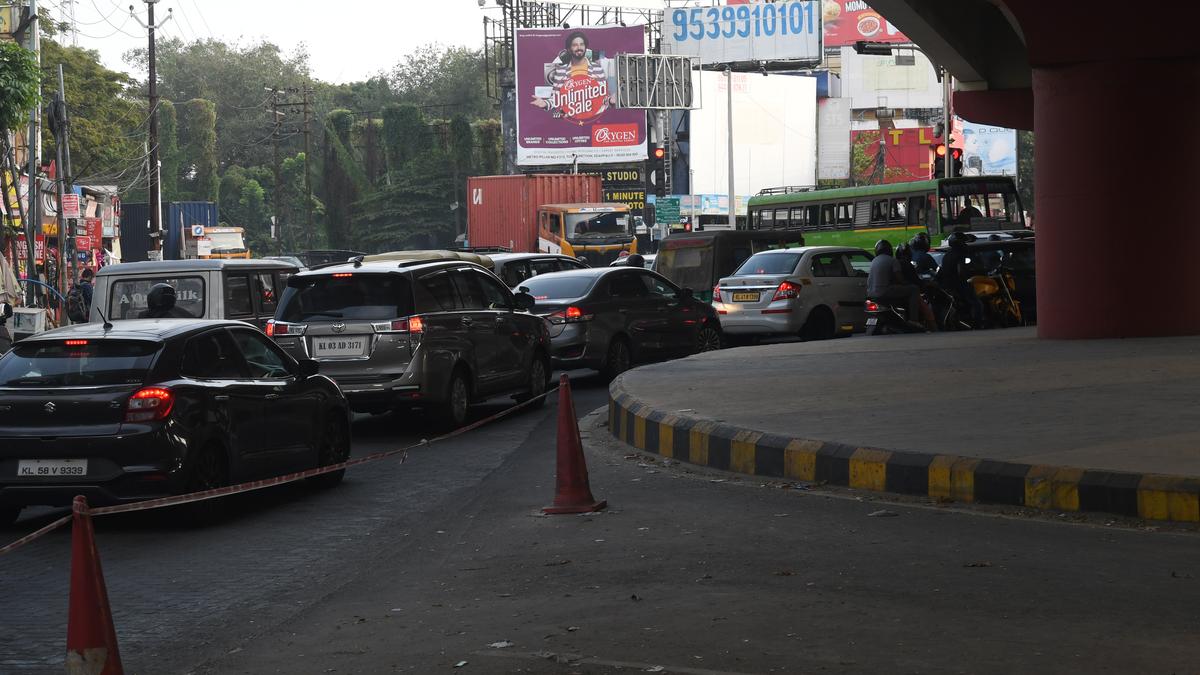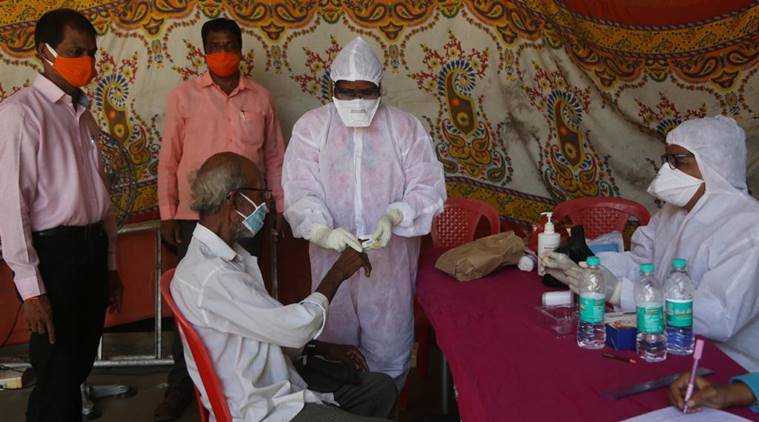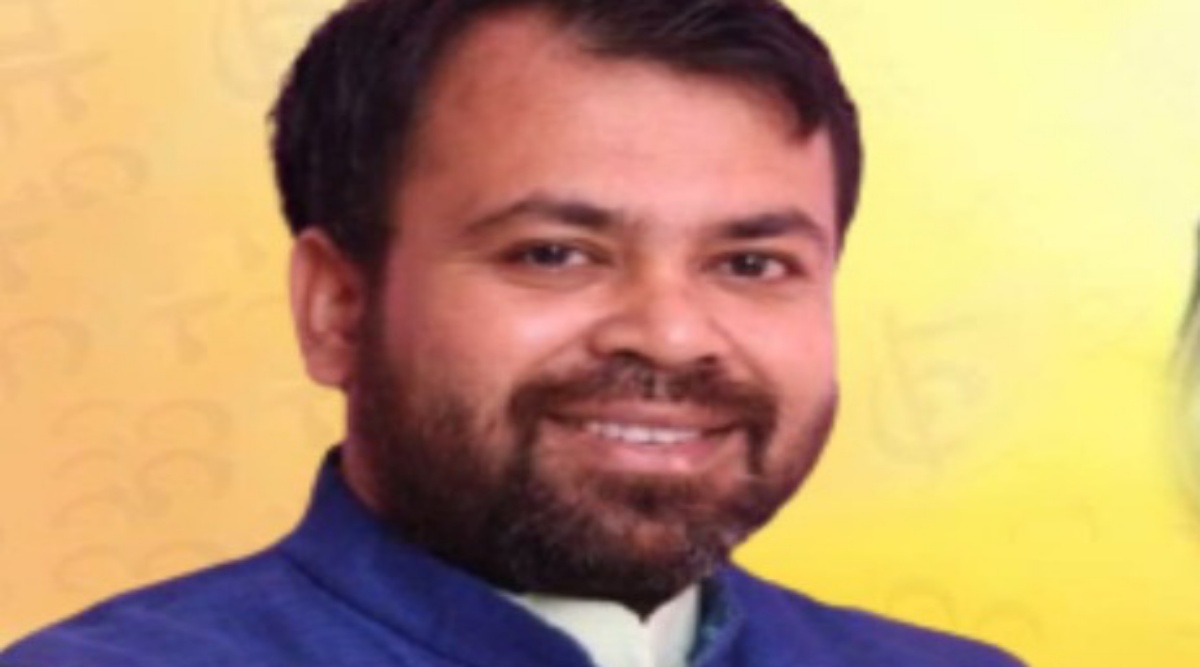Dishonesty in Kabir Khan's 83 stems from its desperate need to cater to cricket fans of the 'Virat Kohli era'
Dishonesty in Kabir Khan's 83 stems from its desperate need to cater to cricket fans of the 'Virat Kohli era'

There is definitely a thin line between crowd-pleasing and pandering, one that Kabir Khan’s 83 cannot bother to mind during its runtime of nearly three hours. The director's eyes are on the prize.
So it is only logical that in a film around one of India’s greatest triumphs on the world stage, he cuts to a curly haired boy called Sachin, celebrating India’s 1983 World Cup win by screaming, “Dada! Main bhi India ke liye khelega!” (Even I want to play for India, elder brother!). It is such a shamelessly servile wink at the Indian cricket fan in the 21st century (who also happens to be the target audience of the film) that everything else ceases to matter. It might be a throwaway moment, but it is also indicative of something fundamentally dishonest about Khan’s film.
Based on arguably India’s greatest achievement on a cricket pitch, one might ask if there was a need for 83 to constantly have one eye on the Indian cricket fan in 2021. So much so that a senior colleague next to me (inspired by the cinematic language of 83) began speculating whether we would also witness an infant Yuvraj Singh tonking a milk bottle for six from his crib. It does not have to make sense as long as the audience gets it, and applauds — seems to be Khan’s mantra.
The gaze of 83 seems to be actively servicing the Virat Kohli era of cricket. Yashpal Sharma (Jatin Sarna) growls about teaching Srikanth a lesson after getting accidentally knocked by him on the head. In a different scene, Madan Lal (Harrdy Sandhu) fumes in front of captain Kapil Dev (Ranveer Singh) after reading a newspaper piece calling the Indian team ‘lucky’ for qualifying for the semis. Even Singh’s Dev is shown crumpling hostile newspaper articles, and using them to clean his spikes.
Now, I do not know how much of this is 'fact-based,' and I am also not saying there was no aggression in Indian cricket before Kohli’s emergence. But this attempt on the part of the makers to deify the players, instead of focusing on their mundane personalities, makes for an almost corrupt viewing experience. There is a particularly jarring scene with K Srikanth (Jiiva) singing praises of his captain as the tournament is still going on, especially ahead of the knockout stages where the story could have ended in whatever fashion. It is as if he is talking with the anecdotal energy of a 20th reunion bash, marvelling at their blissful ignorance with which they pursued greatness. There is no uncertainty in his voice, no fear, as if he already knows that India went on to win the ‘83 World Cup. Or he could not care less about who did.
83 seems to be made with such retrospective wisdom that it is the most damning quality of the film. It never fully embraces how these were just 14 clueless men with noble intentions, completely out of their depth about how they were on the cusp of something that would shape a generation.
The way the team manager PR Man Singh (Pankaj Tripathi with a Hyderabadi lilt) says, “We won our freedom in 1947, but we still have to win respect!” seems to suggest that it was the plan all along to win the World Cup.
Ranveer tries with sincerity to ooze the confidence of a quiet competitor, which is probably what Dev surely was, but then again was he never daunted by the sheer audacity of what he was trying to accomplish? Did he never have doubts in his head that would outlast an Arijit Singh ballad invoking the tricolour?
I understand this is a masala film. I realise that the makers are catering to the lowest denominator, but can the simplistic choices trivialise what makes the real-life story so bloody compelling? 83 seems to answer that with an affirmative. Especially how Man Singh stands on the roof and salutes Dev’s innings shortly after calling him a 'freedom fighter.' The anecdote about a military bunker on the India-Pakistan border is impossible to see without the underlying subtext of the commodification of patriotism, and how the valour for India’s military has become a punchline for politicians and pop culture discourse. The tune might be slightly more refined here, but it does dilute the 1983 victory with some unnecessary agenda.
Even the inclusion of the spouses, Romi Dev (Deepika Padukone) and Annu Lal (Wamiqa Gabbi), is in the most perfunctory sense. They are there to shed tears when their respective spouses are losing, and to clap when they are doing well. Did the players confide their fears or doubts into them before the final? Dev is only shown intently staring at the Lord’s stadium, while Romi gives him a spiel about competing for his five-year-old self, who understands the privilege of representing his nation in a World Cup final. Khan and his team (Vasan Bala and Sumit Arora) could have surely come up with something less banal.
What is most disappointing about 83 is how it looks like a glorified highlights package in the end. It never struggles with the mindset of 15 unlikely 'heroes.' Instead, we see Tahir Raj Bhasin’s Sunil Gavaskar mouth, “Yeh saala bol raha hai paper khaa jaayega agar hum jeet gaye toh,” as if he recently got a pep talk from Kohli. Also, the many, many reaction shots of Mohinder Amarnath (playing Lala Amarnath) going through broad emotions — proud, angry, tensed and therefore furiously smoking his pipe, celebrating. So satisfied is the film with this casting coup (of sorts), that they go overboard with it to the point of annoyance.
83 never weighs in on the cluelessness about what these men were about to accomplish (as much as their opponents and the pundits around the world). None of the players seem like real people. It is a free (?) country; everyone can do whatever they like. But by appropriating one of India’s greatest sporting triumphs, Khan has ended up disrespecting the very fable around the World Cup win in 1983, and its legacy. It is only a problem if the cash registers are not ringing, right?
Tatsam Mukherjee has been working as a film journalist since 2016. He is based out of Delhi NCR.



 Admin
Admin 
































